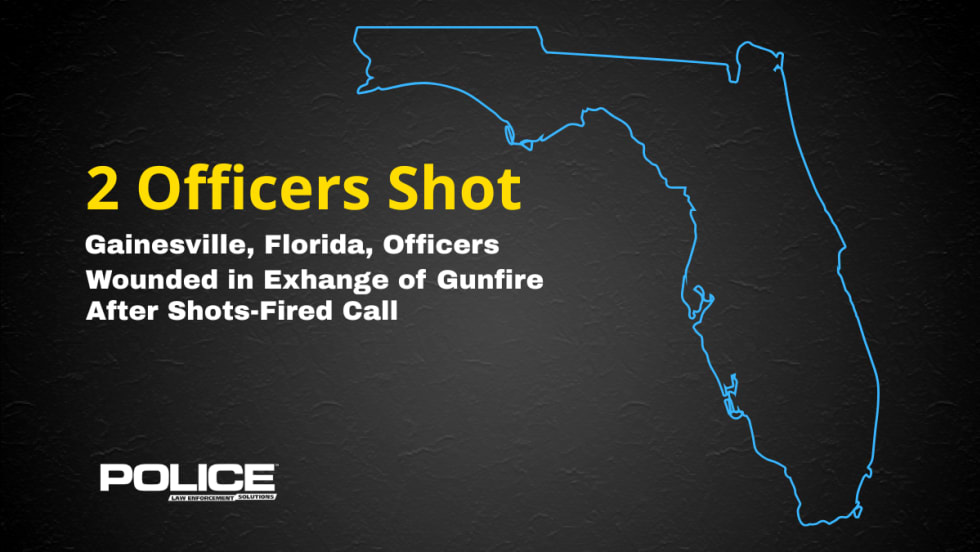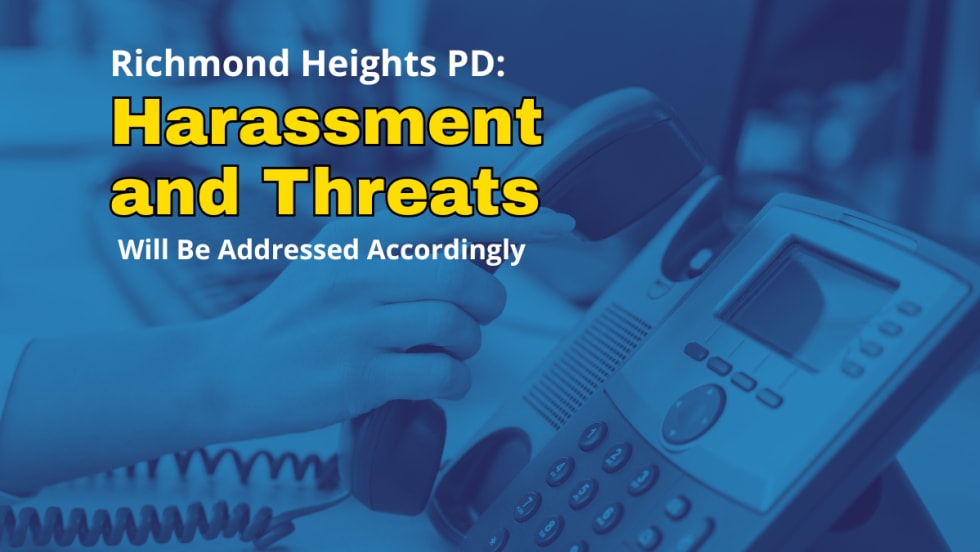"This war has the potential to last beyond our children's lifetimes and to be fought mostly on U.S. soil." —Michael Scheuer, "Imperial Hubris"
"This war has the potential to last beyond our children's lifetimes and to be fought mostly on U.S. soil." —Michael Scheuer, "Imperial Hubris"
The observation has been made that "America is not at war. The U.S. military is at war. America is at the mall." They are talking of course about the Global War on Terror, which was declared shortly after the 9/11 attack. But for many of us this war, although unfortunately undeclared, began long before 2001. It began Nov. 4, 1979, when Islamic extremists took over the U.S. Embassy in Tehran and held 52 Americans hostage for 444 days.
I had a front row seat for most of what was to follow. In 1982 I left law enforcement to join the Central Intelligence Agency. As a new officer I was required to attend weekly staff meetings. At one such meeting, I remember the boss telling us, "Good operations against terrorists require good intelligence. But this intelligence is useless if it is not shared and acted upon." I can clearly remember those words and I can clearly remember the man who spoke them. His name was William F. Buckley. On March 16, 1984, he was kidnapped in Beirut, Lebanon, and tortured to death in captivity by agents of the Iranian-backed terrorist organization Hezbollah.
You in American law enforcement like the American military are at war. At the very instant the 9/11 attack ended, the law enforcement community had another requirement added to its already long list of duties.
On 9/11, cops became a vital component of the homeland security mission. And the majority of the responsibility for this additional requirement came to rest squarely on the shoulders of the uniformed patrol officer, America's first line of defense in the war on crime, the war on drugs, the war on gangs, and now, the war on terror.
You had no say in the matter. You didn't get a pay raise in recognition of your new responsibilities, and you got virtually no guidance on how to handle this new function. But considering how this started, you have done a remarkable job and much of the credit for the fact that we have not been attacked since 9/11 belongs to you.
Building on this success, we have to improve your capability to deal with the terrorist threat here at home. Specifically, we need to sharpen your "anti-terror" or terrorism prevention skills. As we have all learned from bitter experience, it is much better to disrupt a terrorist operation in the planning and preparation phase than to have to respond to the aftermath of an attack.
Make no mistake Islamic extremists have not quit the fight despite taking massive casualties in Iraq and Afghanistan. They remain a serious threat to the United States, and depending on how the U.S. policy in Iraq evolves following the 2008 presidential election, the homeland security function of our police could become an even bigger responsibility.
The Threat
Let's analyze the threat, then we'll discuss some of the resources that are now available (at little or no cost) to you that will enable you to work more effectively at disrupting terrorist activities in this country.
To help put the threat we face today here at home into perspective, we need to look at several factors. I'll start with the following, which is extracted from a speech given by Director of Central Intelligence Gen. Michael Hayden last September to the Council on Foreign Relations in New York City. "Our analysts assess, with high confidence, that al-Qaeda's central leadership is planning high-impact plots against the U.S. homeland. Second, they assess, also with high confidence, that al-Qaeda has protected or regenerated key elements of its homeland attack capability. Third, we assess, again with high confidence, that al-Qaeda is focusing on targets that would produce mass casualties, dramatic destruction, and significant economic aftershocks."
Next let's take a look at some of the most recent terrorist incidents.
Last May, the Fort Dix Six plotted to assault the New Jersey military base. Their plan was foiled by an alert civilian.
Last June, a Muslim extremist group planned to blow up a fuel pipe leading to JFK airport in New York City.
Last August, South Carolina deputies stopped a vehicle for speeding in the town of Goose Creek and found explosive components, two men were arrested both of whom were here on student visas. Subsequent investigation revealed that one of the men had been arrested previously in Egypt on terror-related charges. The FBI is conducting a follow-on investigation.
Last August, the FBI reported that it was looking for two men spotted possibly conducting pre-op surveillance on a ferry in Seattle.
Around Thanksgiving, the FBI announced that it had received information regarding possible terrorist attacks planned for shopping malls in Los Angeles and Chicago.
Consider also our border security issues. According to U.S. Border Patrol 2006 statistics, 108,025 illegal immigrants classified as Other Than Mexicans (OTMs) have been arrested trying to sneak into the United States. We can only guess at how many more made it into the country undetected, what countries they came from, who they were, where they are, and what they are up to.
And we must not forget the determination of our enemy. We are quick to point out that he has not hit us since 9/11. We are not so quick to point out that, not being satisfied with the results of the first World Trade Center attack in February 1993, he patiently planned and plotted for the second World Trade Center attack, which, unfortunately, did succeed.
Books and Reports
Many officers are still in need of adequate anti-terrorist training. Here's a look at some resources you can use to help you better understand the problem.
First, let's discuss the Law Enforcement Only reports. Of the ones I've seen, most are prepared by a state agency. I would suspect that many today are produced at a Regional Intelligence Center (RIC) or fusion center. These are especially helpful because they keep you informed on what is going on in your area.
I know there are lots of Websites out there, and I certainly have not been on all of them. That said, I recommend www.investigativeproject.org, which is run by Steve Emerson.
Emerson has relentlessly pursued the terrorism threat in this country since 1993. He is one of our best and brightest authorities on the subject and the author of two books: "American Jihad: The Terrorists Living Among Us" and "Jihad Incorporated: A Guide to Militant Islam in the U.S." I recommend that you read both of them.
Another book that I have found very helpful is "The 9/11 Report: National Commission on Terrorist Attacks Upon the United States" by Thomas H. Keane and Lee H. Hamilton. This book details how the 9/11 terrorists put together their attack, how they lived and operated in our midst, and the signs we should have picked up on but didn't. It is a candid assessment of what happened and how it happened, and it is part of the reason we have the two training programs which I'll discuss shortly.
I would also recommend that you read "Lightning Out of Lebanon: Hezbollah Terrorists on American Soil" by Tom Diaz and Barbara Newman. This book tells the story of how an alert North Carolina sheriff's deputy named Bob Fromme developed the key information that led to a major federal case against Hezbollah fundraisers operating in the U.S.
Two Great Classes
There are two anti-terrorism programs specifically designed for the patrol officer and first line supervisor. The first is "ProActive Terrorist Recognition and Interdiction Operations" (PATRIOT).
Formerly known as "Behavioral Assessment Screening System" (BASS), PATRIOT was developed by Massachusetts State Police officers following 9/11. It is based on developing the officer's ability to spot people whose behavior is suspicious and how to talk to them specifically to determine if they are possibly involved with terrorist activity. As you will see below, it often nets people who have information and illegal activities they are trying to hide from the authorities.
Since it was developed for U.S. police officers by U.S. police officers PATRIOT is designed to avoid profiling. Peter DiDomenica, one of the course designers and the lead instructor, told me that since they have been teaching the program there has not been a single profiling complaint against an officer who used its techniques.
DiDomenica also taught the pilot program for this methodology to Transportation Safety Administration (TSA) instructors as Screening Passengers by Observation Techniques (SPOT). And it is credited with a recent success.
Last August, TSA personnel spotted an individual acting suspiciously at BWI Marshall Airport. They talked to him and subsequently arrested him for possession of a handgun and 30 rounds of ammunition.
PATRIOT is approved for DHS funding; so departments can obtain this training at no cost to the agency and the course can be taught at your location.
The second program is also free, and it can be conducted at your location. "Antiterrorist Intelligence Awareness Training Program" (AIATP) is offered by the Federal Law Enforcement Training Center (FLETC) Office of State and Local Training. This eight-hour course gives you specific information (called pre-incident indicators), which will allow you to recognize and deal with the people, activities, and information you might encounter during the course of your duties that may be terrorist related. Then it discusses how to get the info to the right people, while you are still on the scene and in contact with the individuals, so they can quickly decide what to do with it.
Since what you learn during these encounters may be of critical importance, AIATP emphasizes the necessity of recording and reporting your findings in order to ensure that the information is entered into the system designated to analyze and assess it in your jurisdiction. In short, AIATP teaches the three "Rs" (Recognizing, Recording, and Reporting.)
When I talked with the program manager at FLETC's Glynco, Ga., headquarters, he told me that AIATP was one of several programs that had come about as a direct result of the recommendations made by the National Criminal Intelligence Sharing Plan. He said that these programs are all about info-sharing. I told him I had learned the importance of info-sharing about 25 years ago. I didn't bother to tell him that Bill Buckley would be happy to know that his message has not been lost.
Clearly some first rate efforts have gotten us into a much better position to deal with the terrorist threat in the U.S. since we were attacked. Now we need to work to make sure we get the necessary training in front of the people who need it. We may have plenty of time to get this done, or we may not have much at all.
Ed Lovette is a retired CIA officer. Before joining the CIA he was a police officer and a police instructor. He is a member of the TREXPO advisory board.











